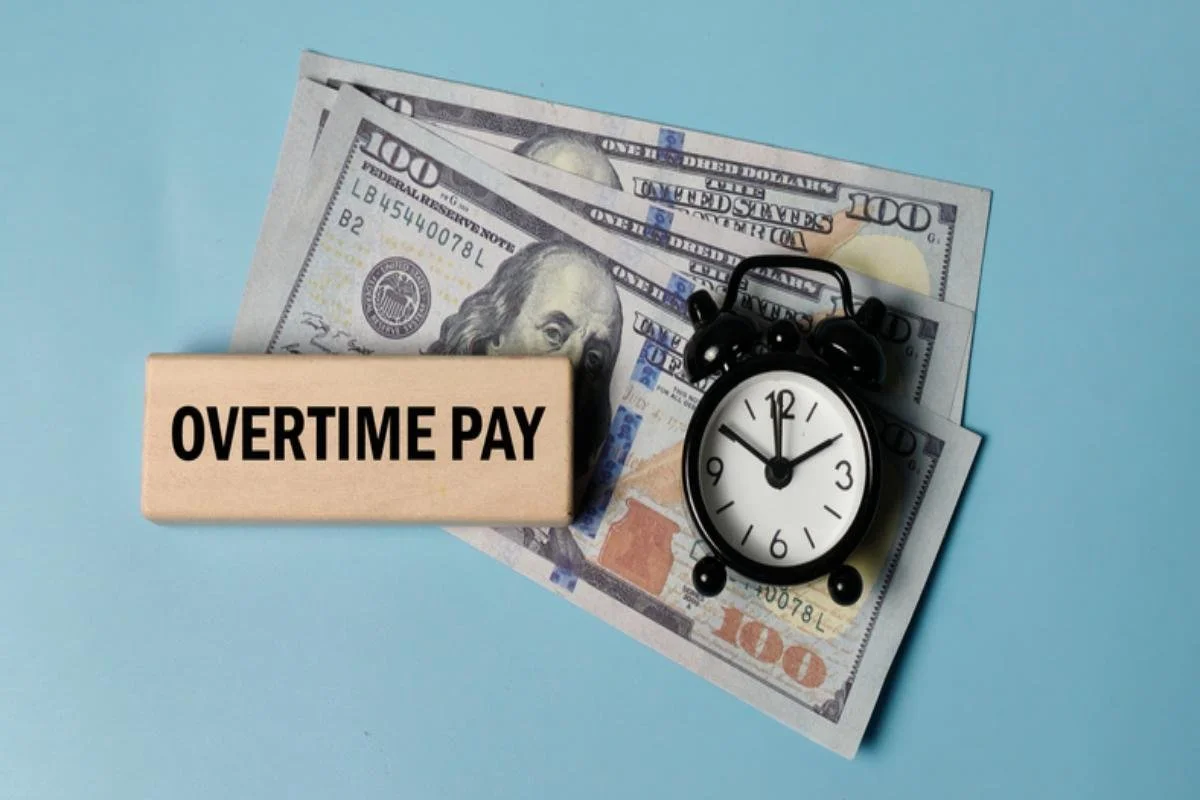A History of the California Labor Code
/An examination of the Labor Code's history and infrastructure is necessary to fully understand Arias and its implications. The California Legislature has a wide field of discretion to determine the scope of the employer-employee relationship. Its goal is to foster peace and order through regulations designed to ensure wholesome conditions of work and freedom from oppression. To ensure that employers do not develop an extreme position of power over employees, the Legislature permits employees to pursue two remedies, and perhaps a third, in the event that the employer violates the Labor Code.
First, employees may recover the wages that they earn through performing labor. The California and federal courts adhere to the principle that wages are not ordinary debts; they are preferred over all other claims due to the economic position of the average worker and his or her dependence on the regular payment of wages for the necessities of life. In other words, under California law, wages are jealously protected for the benefit of employees. As such, the second remedy employees may pursue is a statutory penalty that is available in addition to the wages. Given the high emphasis of protecting employees, the statutory penalty is intended to deter employers from committing wage and hour violations. Finally, the third remedy is a civil penalty that is assessable by the state. Historically, only the state, and not employees, could recover civil penalties through an enforcement action initiated by California's Labor Commissioner. For the Labor Code to function properly, the state needs to have the ability to assess a civil penalty for wage and hour violations because these violations lead less payroll tax money and interest for the state.
The California Court of Appeal's decision in Caliber Bodyworks best illustrates how the three remedies in the Labor Code function. An employer is potentially liable for all three remedies for a single Labor Code violation. For example, suppose an employer discharges an employee. The wages earned and unpaid at the time of discharge are due and payable immediately. If the employer's failure to pay the wages is deemed to be willful, the employee can recover a statutory penalty in addition to the wages plus interest. Additionally, the state is permitted to initiate an enforcement action against the employer to recover civil penalties.
In theory, the imposition of three separate penalties for a single violation of the Labor Code ought to deter employers from operating outside of the law. Nonetheless, practice has proved the Labor Code's triple threat of remedies to be inadequate since California lacks the necessary funding and resources to vigorously pursue civil penalties. "Although innovative labor law education programs and self-policing efforts by industry watchdog groups may have some success in educating some employers about their obligations under state labor laws, in other cases the only meaningful deterrent to unlawful conduct is the vigorous assessment and collection of civil penalties as provided in the Labor Code." Absent the fear of civil penalties recoverable by the state in addition to statutory penalties and wages recoverable by employees, employers gain an incentive to operate in California's underground economy.



